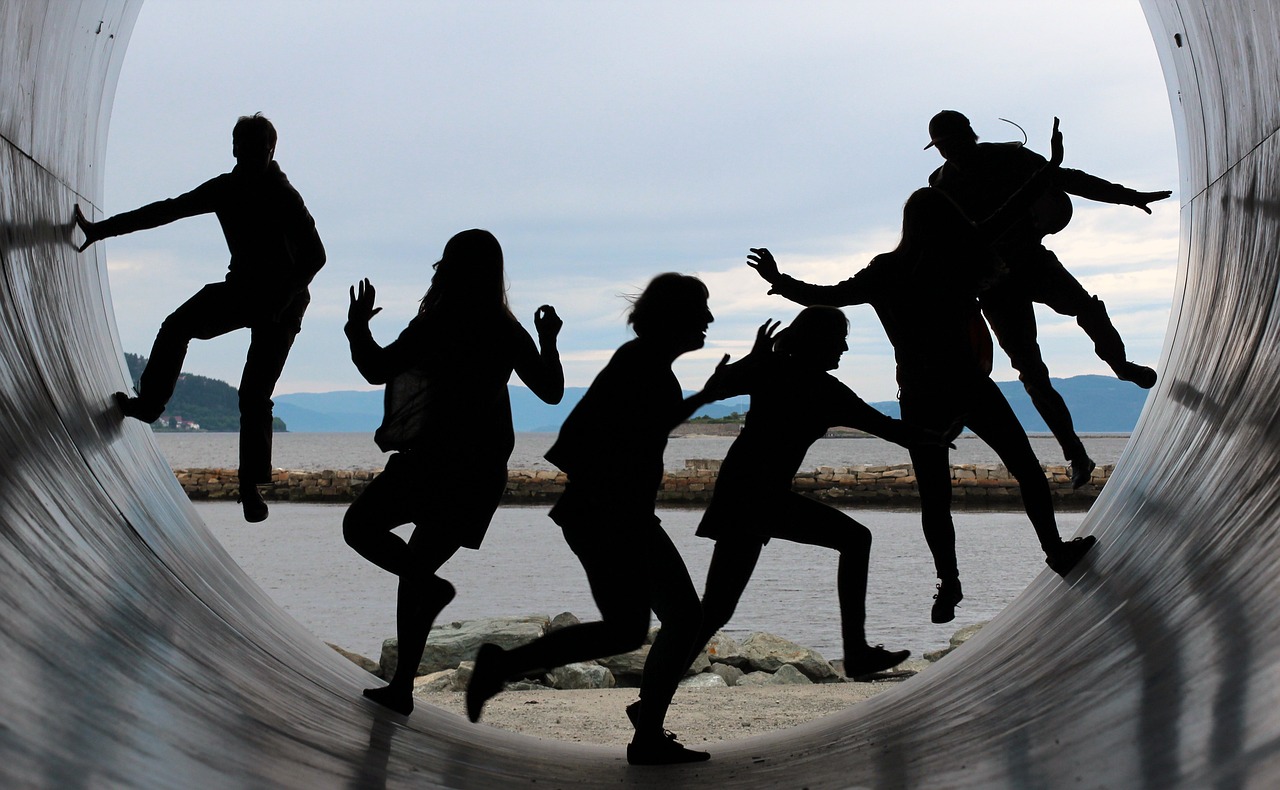As part of the Faro implementation programme (Faro uitvoeringsprogramma), the Limburg Time Machine “AEZEL” has submitted an initiative proposal that is vital for the future of our digital heritage community and seeks support to lead their initiative to success.
Initiative by AEZEL: A Sustainable Future for Digital Heritage Communities
This initiative, supported by the Digital Heritage Coach at the House of Arts in Limburg, seeks to create a sustainable future for digital heritage communities. It focuses on heritage communities created and maintained by volunteers, which:
- Often lack an institutional foundation.
- Operate at the intersection of the principles of Faro and the National Strategy for Digital Heritage.
- Are characterized by high engagement and active participation in heritage activities.
- Have experienced significant growth in recent years, reaching the limits of their technical and organizational capabilities.
Limburg’s AEZEL is one such heritage community: Over 200 volunteers have been working for years to connect and enrich vast amounts of genealogical and historical geographical data in a self-developed and managed online environment. Locally, they collaborate with archives and historical societies, and as part of the Time Machines network, their reach extends beyond provincial and national borders. However, AEZEL faces challenges due to its fragile and narrow organizational foundation, and its infrastructure is not yet compatible with the principles of the National Strategy for Digital Heritage.
With these challenges in mind, AEZEL strongly needs support and coordination to shape and execute development steps towards a sustainable digital future. We believe these developments, challenges, and needs are not unique to them but are indicative of other digital heritage communities in their quest for future-proofing.
Seeking Solutions Together
What role do digital heritage communities play in achieving connected heritage? Should the ‘institutional approach’ of the Digital Heritage Network be adjusted to focus not only on collections/sources but also on the community? What does this mean for our methods and principles? Where does the enriched information by heritage communities end up, who is responsible for sustainable storage, and how do we ensure it remains usable? These questions fit within the Faro implementation agenda and the Digital Heritage Network agenda.
AEZEL aims to answer these questions through a concrete process, reflecting the hands-on mentality of digital heritage communities. This process will involve learning together while taking immediate action. The experiences and outcomes can be formulated in a way that makes them applicable to other heritage communities. They can be shared in interim knowledge and sharing sessions, allowing other heritage communities to join in. The case study could be broadened with other Local Time Machines, such as the Gouda Time Machine, which has similar objectives. AEZEL is also eager to see if other heritage communities identify with these challenges and would like to join us.
How You Can Help
We kindly ask you to endorse AEZEL’s application. This can be done easily by creating an account and leaving a comment on the notice board, explaining why this assignment is important for your organization. Your endorsement can be brief but impactful.
Why This Matters
We believe that the questions, challenges, and needs outlined in this proposal are not unique to AEZEL but are representative of the broader digital heritage communities, particularly within regional contexts. By supporting this initiative, you are contributing to the future-proofing of our collective digital heritage.
